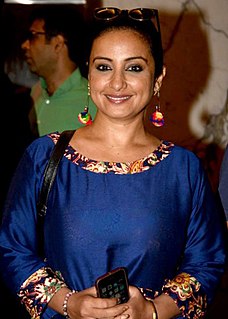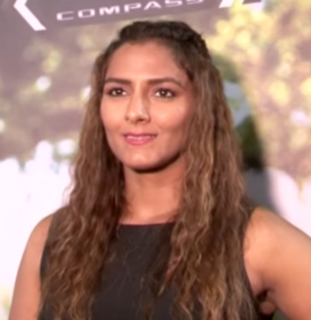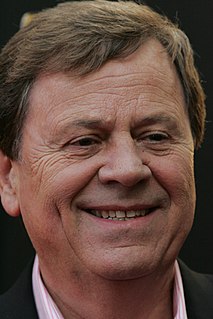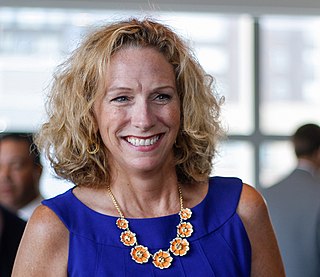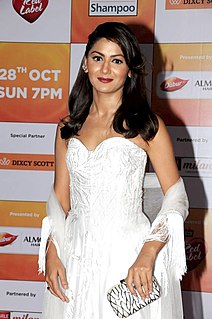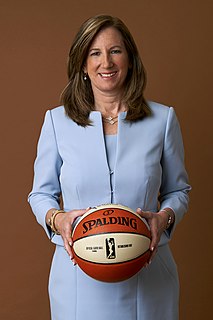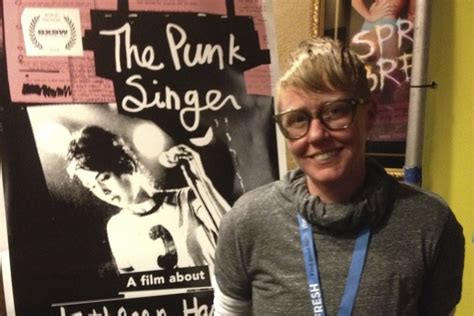Цитата Дивьи Кхосла Кумара
Первоначально в нем преобладали мужчины, и женщин-директоров почти не было, но теперь женщины вошли повсюду и оставили свой след. Я думаю, что это больше связано с талантом, чем с различиями по полу.
Связанные цитаты
Я не говорю, что общество, в котором доминируют женщины, или общество амазонок, основанное на угнетении мужчин, является более «справедливым», чем общество, в котором доминируют мужчины, основанное на угнетении женщин. Я просто указываю, чем это лучше для женщин. [¶] Возможно, когда-нибудь выбор между формами несправедливости станет не нужен.
Космические путешествия — мечта многих мужчин и женщин. Я думаю, что мое путешествие будет воспринято разными полами по-разному, потому что для женщин много времени, не только космические путешествия, это не всем доступно, но еще менее доступно для женщин, для них намного больше барьеров, особенно если они жить в странах, где такие вещи, как космические путешествия, инженерное дело, любая сфера, связанная с наукой и технологиями, считалась бы сферой, в которой доминируют мужчины. И поэтому я хочу показать им, что ничто не мешает женщинам или не делает их менее квалифицированными для участия в любой из этих областей.
В течение многих лет все больше женщин стремились работать в студии или стать репортерами. Если это то, чем вы хотите заниматься и это то, что вам нравится - во что бы то ни стало, идите и делайте это. Вполне нормально быть честолюбивым и делать вещи, выходящие за рамки нормы, если это тот путь, по которому вы хотите пойти. Мы уже видим, как женщины разрушают эти барьеры в том, что когда-то было доминированием мужчин. Есть возможности для женщин, чтобы заполнить эти роли.
Изначально женщины должны были изображать на телевидении только роли замужних жен, но теперь есть шоу, в которых женщинам предлагают сыграть другие роли. Раньше все драмы вращались только вокруг замужних женщин, чего сейчас нет. Даже у актеров-мужчин теперь есть хорошие возможности для лучших ролей.
Сегодня, хотя в целом в индустрии по-прежнему доминируют мужчины, больше женщин рисуют комиксы, чем когда-либо прежде, и у них больше мест, где они могут увидеть свои работы в печати. В 1950-х годах, когда комическая индустрия достигла рекордно низкого уровня, женщинам было некуда идти. Сегодня из-за графических романов начинающим женщинам-карикатуристам некуда идти, кроме как вперед.
Я пришел в профессию, в которой доминируют мужчины, еще в 1986 году. Я хотел работать с крупными многонациональными компаниями из списка Fortune 500, но вы не приходите в фирму и не получаете их автоматически. Так что, откровенно говоря, ключом к моему успеху было то, что я нашла мужчин-наставников и мужчин-спонсоров. Думаю, некоторые женщины боятся об этом говорить.
Мужчины правили насестом, а женщины играли подчиненную роль [в 1960-х годах]. Работающие жены были редкостью, ведь их место было в доме, воспитывать детей. К работавшим женщинам относились как к гражданам второго сорта, потому что в этом обществе доминировали мужчины. Тогда это был факт жизни. Но сегодня это было бы недопустимо, и это совершенно правильно в моей книге ... люди оглядываются на те дни сквозь толстую завесу ностальгии, но жизнь была тяжелой, если ты был кем-то другим, чем богатым, влиятельным, белым мужчиной.






